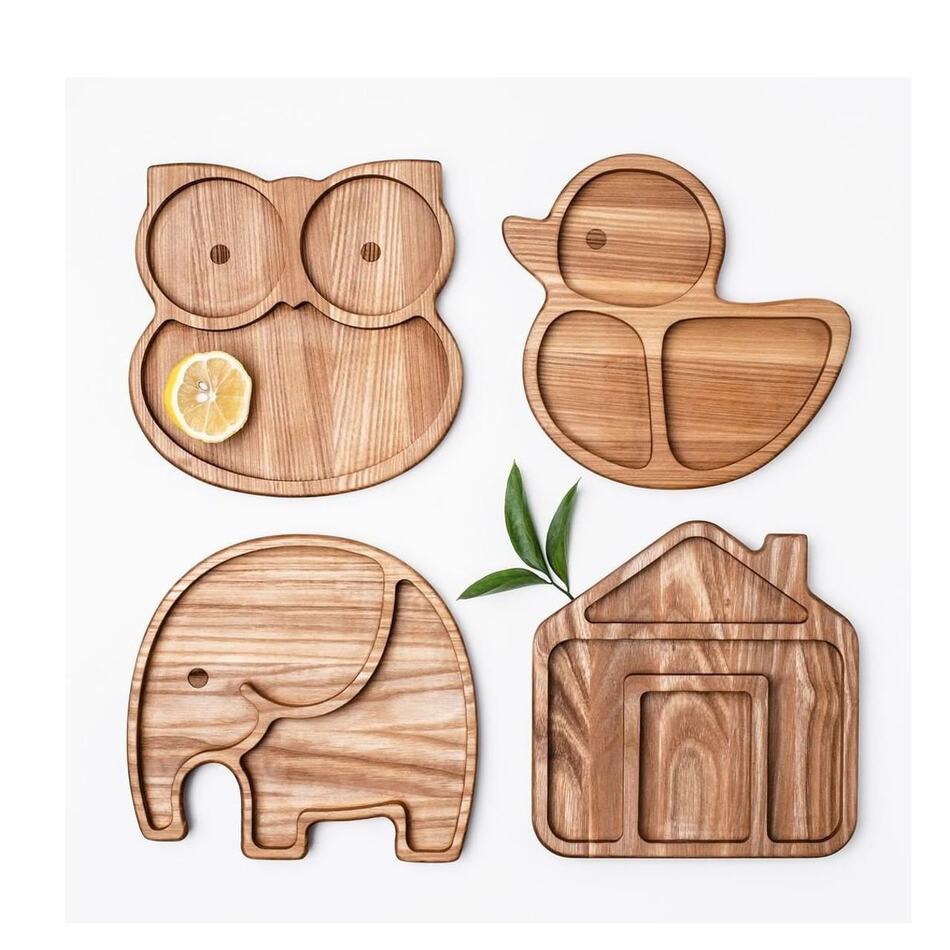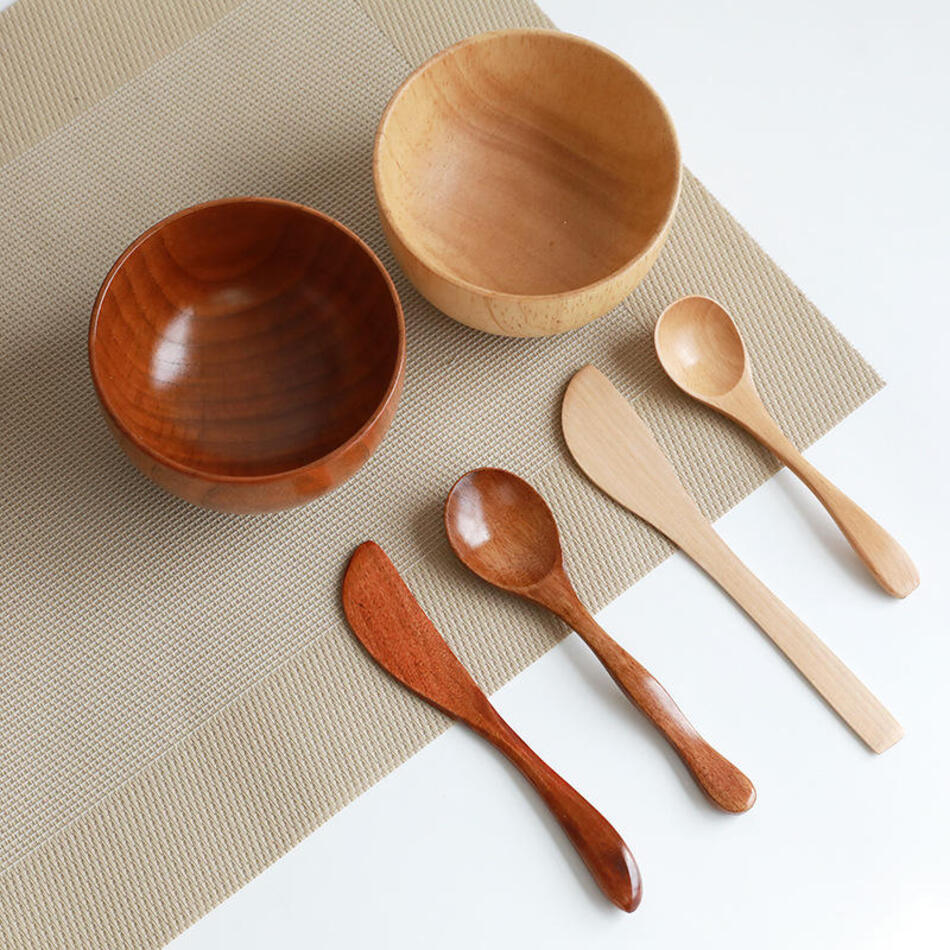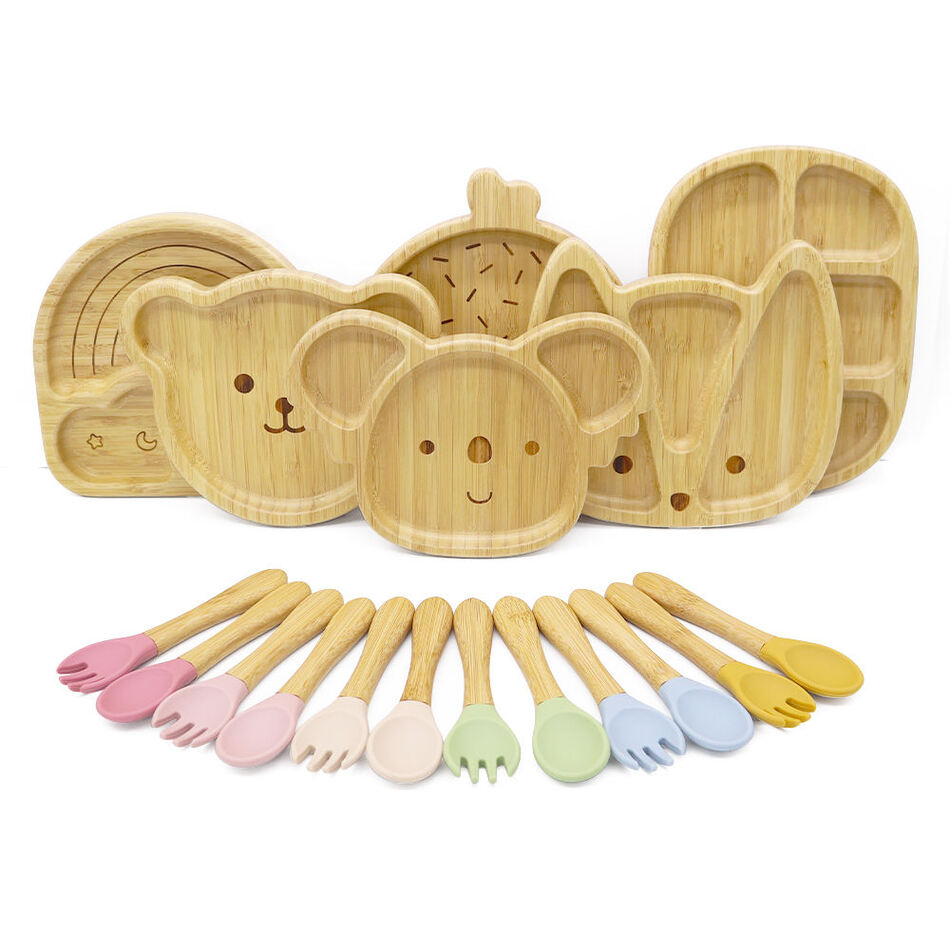With the ongoing global push for plastic bans, the bamboo fiber tableware industry is experiencing rapid growth. Latest data shows that the global market size for core bamboo fiber plates exceeded US$98 million in 2025 and is projected to grow to US$137 million by 2032, at a CAGR of 4.88%, indicating a continued surge in interest in the eco-friendly tableware sector. Regionally, the industry is showing a pattern of “mature markets leading and emerging markets accelerating.”
Europe and the US, with their stringent policies, have become major consumer markets. EU Regulation No. 10/2011 explicitly bans the sale of tableware containing unauthorized additives, forcing companies to obtain EFSA certification and migration testing. French brand EKOBO has upgraded its production lines as a result, and its certified bamboo fiber lunchboxes are now available in 80% of organic supermarkets across Europe. In the US, tariff policy adjustments are driving supply chain restructuring towards regionalization. Local brand Bambeco is collaborating with a Vietnamese manufacturer to build a production base in Mexico to shorten delivery times to the North American market. Meanwhile, market penetration in Japan and South Korea has reached 35%, with localized design and JIS/KC certifications becoming key for companies entering the market. Driven by plastic pollution control efforts, Southeast Asia saw a more than 40% year-on-year increase in orders for bamboo fiber tableware at Malaysian supermarket chain 7-Eleven in the first half of 2025. Bamboo plates from Zhongxian County, Chongqing, have captured 15% of the local market share, becoming a new growth engine.
In the process of industrial chain restructuring, the competitive hierarchy among companies is gradually becoming clearer. International brands such as Bamboo ware and EKOBO occupy nearly half of the high-end market share thanks to their technological and brand advantages. EKOBO has partnered with Michelin-starred restaurants to launch customized bamboo fiber tableware, priced three times higher than ordinary products, yet still in high demand. Meanwhile, the Asia-Pacific production base, represented by the Zhongxian County industrial cluster in Chongqing, China, is rapidly rising based on bamboo resources and cost advantages. The intelligent production line of local company Ruizhu can achieve “one bamboo in, one set of tableware out,” with exports reaching 150 million sets in the first half of 2025. Its products have entered the airline catering systems of more than 30 countries, including Germany and France.
While the industry currently faces challenges such as fluctuating bamboo prices and stringent EU standards for formaldehyde migration, technological innovation is becoming the key to breaking through these challenges. Global companies have cumulatively applied for over 30 related patents, improving product water resistance and safety through process modifications, while simultaneously expanding applications from the catering industry to medical packaging, injecting new momentum into the industry’s development.
Post time: Nov-18-2025














